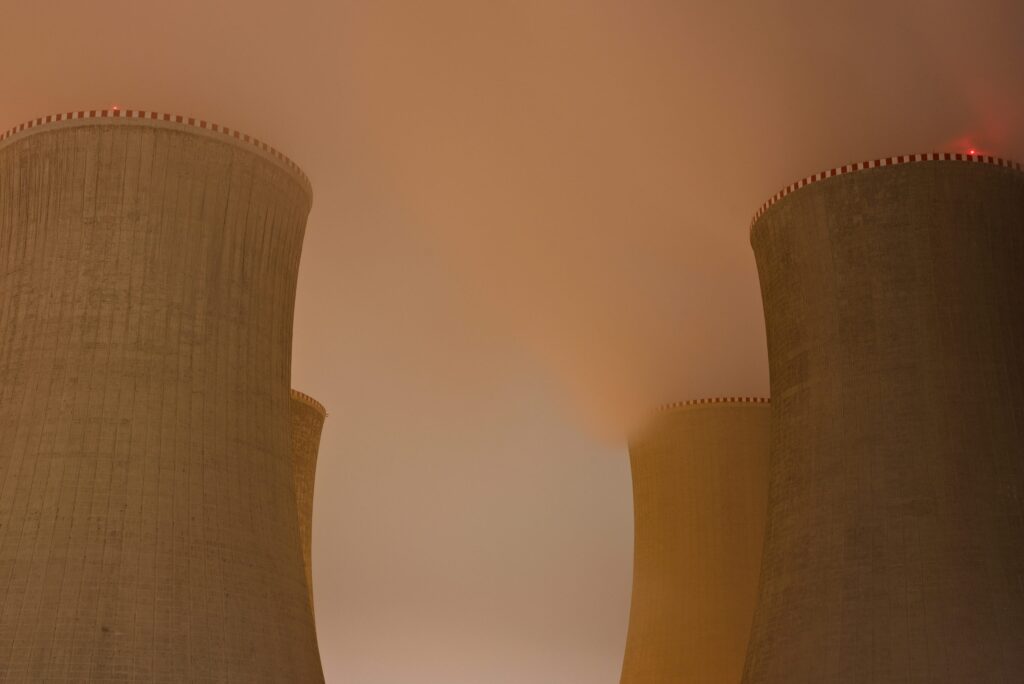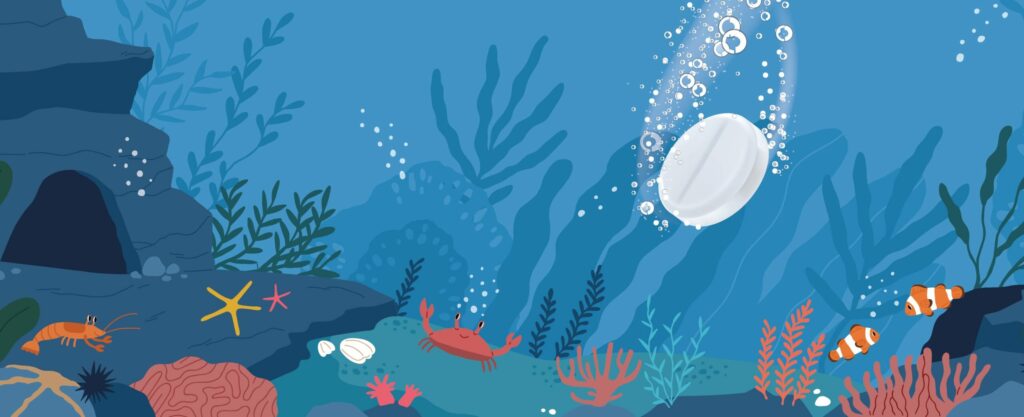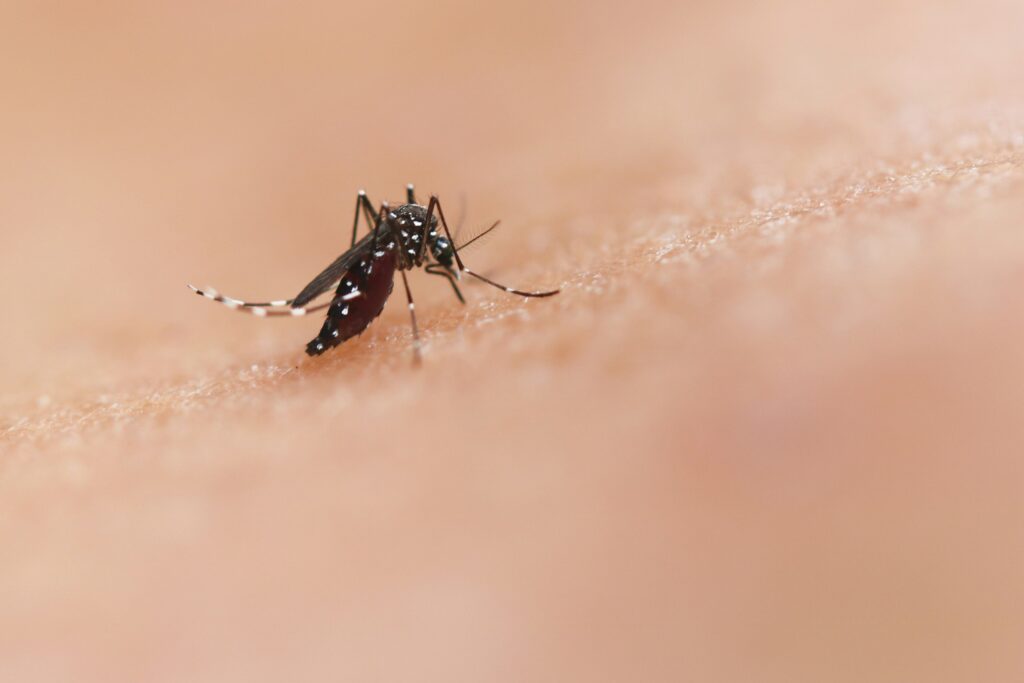While we are already indebted to Robinson Meyer of The Atlantic for emphasizing the climate drawbacks of nuclear war, we also want to acknowledge his latest “Weekly Planet” piece on the drawbacks of reengineering the planet to stop that nasty sunlight beating down on us so mercilessly. Seems it might make malaria spread. Which is odd given that last we heard, geoengineering was meant to slow down the global warming which itself was going to make malaria spread because it makes everything bad worse. So there’s no winning with these people. But frankly anything that inspires reflection on the possible unforeseen consequences of something as simple and straightforward as humans fixing the sky with an experimental procedure is worth adding to the debate.
Meyer seems to think geoengineering would be both simple and cheap. Which is typical of climate alarmism in its second, adolescent phase: massive problem, easy fix. “The technology necessary for geoengineering has never been successfully demonstrated,” he concedes, “but already many economists are sure that it will happen at some point this century. That’s because its theoretical costs are little more than a few flights, a spraying device, and a couple million tons of sulfuric acid – expensive, to be sure, but not out of the reach of your average island nation or climate-concerned billionaire.”
Now this prospect is already more alarming than he seems to grasp. It’s something that could be done, not by the nations of the Earth acting in concert based on “the science” (already a prospect that makes us shudder) but by a rogue regime or even a malefactor of great wealth. And we’d all be stuck with the consequences if they miscalculated the dosage, or the knock-on impacts. Again, it’s one of those plans that we fervently hope would simply fail to achieve any effect at all. But what if it failed to fail totally?
As we’ve noted before, the global greening since 1970 owes a lot to CO2, and a great many people escaping famine owe a lot to the greening. Perhaps dimming the sun wouldn’t deprive us of this great benefit. On the other hand, since plants don’t flourish in cold weather (seriously, experienced gardeners keep insisting that CDN not attempt to put any seedlings in the ground until the Victoria Day weekend because… it’s too cold right now), it could cause massive crop failure and starvation. Sorry, guys. Didn’t see it coming. Failed biology. We’ll stop now.
Mind you, Meyer observes that “To its supporters, mimicking a large volcanic eruption is an ethical necessity, a way to soften the blow of climate change. ‘Perhaps the best reason to take cooling seriously is that benefits seem likely to go to the poorest countries,’ David Keith, a Harvard professor of applied physics, wrote in The New York Times last year. ‘Poor people tend to live in hot places.’”
Actually if you look at an atlas of world population, it would be more accurate to say that “people tend to live in hot places.” Per capita income is lower in many hot places for complex historical and prehistorical reasons, not least of which is the unfortunate 20th century embrace of Marxism in Africa and South America. Tropical Asia also used to be poor but when they chucked out the Marxists and embraced capitalism beginning in the 70s their economies soared, heat notwithstanding.
Meyer is alert to the CO2 of death downside to the plan, admitting that “geoengineering is far from a sure bet. To its critics, the technology runs the risk of re-creating some of the worst mass extinctions in the planet’s history, which have been the consequence of boosting both the atmosphere’s carbon-dioxide level and its sulfate level. We’re already pumping CO2 into the sky, they argue. Why are we so sure that adding sulfates won’t just backfire?” Just can’t look away from CO2, can they?
Well, yes, briefly. The piece then allows that “A new study hints that solar geoengineering is going to be even more complicated than its proponents realize: It could expose tens or even hundreds of millions of people to malaria every year. ‘There’s a lot of research on the potential of geoengineering to reduce hazards, like extreme heat and sea-level rise,’ Christopher Trisos, a co-author of the study and the director of the Climate Risk Lab at the University of Cape Town, in South Africa, told me. ‘But you can’t just assume that geoengineering universally reduces risks to people.’”
Once again, you can’t just assume that extreme heat and sea-level rise are already happening, or are about to if CO2 and temperature rise slightly, in a causal relationship or just in correlation. But you also can’t assume that it’s safe to kill crops. Or that you have any idea how an incredibly complex non-linear system will react to your blithely spritzing the stratosphere with Sun-Away. It’s incredibly arrogant to think we can just redo Mother Nature and get it right for sure. Can you even grow carrots in your own yard?
Eventually Meyer concedes that it’s a bit tricky: “The trade-off between geoengineering and malaria emerges for two reasons. First, solar geoengineering doesn’t perfectly turn back the clock on Earth’s climate. Even if you add enough sulfate aerosols to perfectly counteract the amount of warming from carbon pollution, you’re still changing the climate’s physics, not restoring what once was. Many geoengineering simulations produce strange phenomena, such as ‘tropical overcooling,’ wherein land near the equator is cooler than you would expect, even while territory near the poles remains much hotter.” And since these are the same computer models that can’t predict known past warming, we say that the specific forecasts are rubbish but the warning that non-linear systems react in unpredictable ways is very valuable. Even sobering, if you have that kind of mind.
In which case you might even clue in that even if the problem is real, the solutions may be hard.



I presume that these.... climate experts have heard of an old problem called acid rain? How did we fix that problem? Oh, that's right we limited emission of sulphur compounds.
Anyone moving forward with geoengineering plans need to be clear their life is on the line. If they tip us into disaster they will be tracked down and eliminated. What else do you do with people who might kill more than Hitler, Stalin and Mao times ten?
William Wallace treatment prescribed here
Social media and the ready availability of opinion from all corners of the planet, make me realise two things: speed and editorial competence do not necessarily go hand in hand. Back in the day, a reporter would have a brain fart or attempt to write about someone else who had, and his editor would tell him/ her to go away and have a little lie down. Now, the desperate attempt to generate clicks before your online competitors can do so, drives the rushed publication of dross and facile opinion, which a few minutes reflection lying on the sofa would tell you should be filed under "career ending credibility tosh", and never spoken of again in adult company.
I am a tired, old, man. I went to high school in the late sixties, and uni from 72 - 76. I remember sitting in the barber chair while in HS, reading an issue of Popular Mechanics where the authors were discussing fighting global warming--yes, not climate change--by sending tanker ships across the world's oceans with poorly tuned diesel engines that would spew smoke particles into the atmosphere to help block the Sun, create a sort of "volcanic Winter." But by the time I got to uni my physical sciences book was already predicting the coming of another ice age. So much for global warming. Who pays these fools to write this stuff? 1st rule in crime solving is "follow the money." I bet you wold find a great many Marxist/Socialist government funded think tanks.
I'm reminded of certain appointees with access to government loot justifying gain of function research done at certain virus labs overseas or monkeys playing with hand grenades.
If it comes down to spraying anything to control malaria - we already know how to do that successfully, and it doesnt even have to be DDT
...always assuming that 'acid rain' was actually a thing, and not emitting sulphurous compounds was what cured it....
Much like the ozone hole at the pole; caused by hydrochlorocarbons, or maybe just because the Earth's magnetic field bombards those regions with high-energy particles...